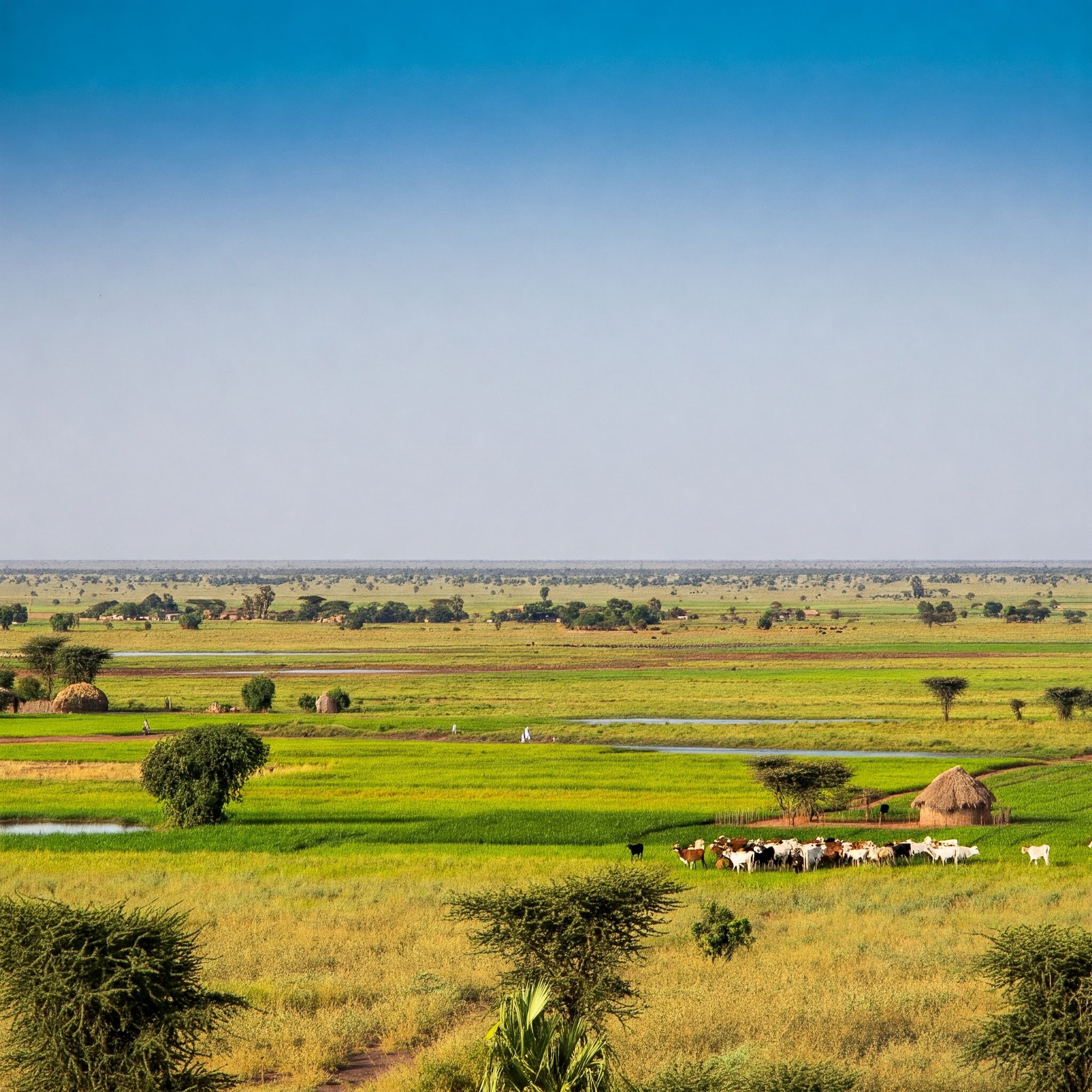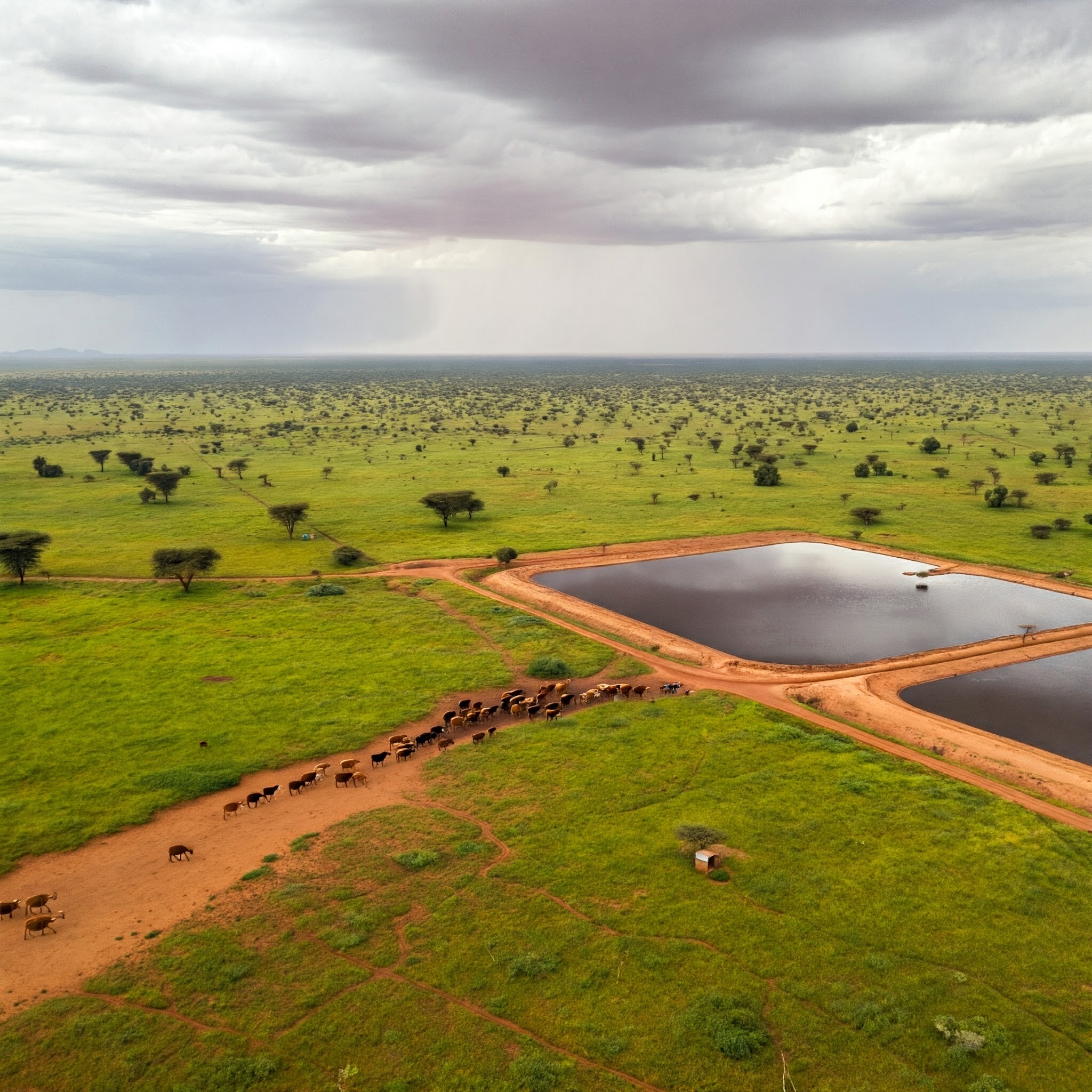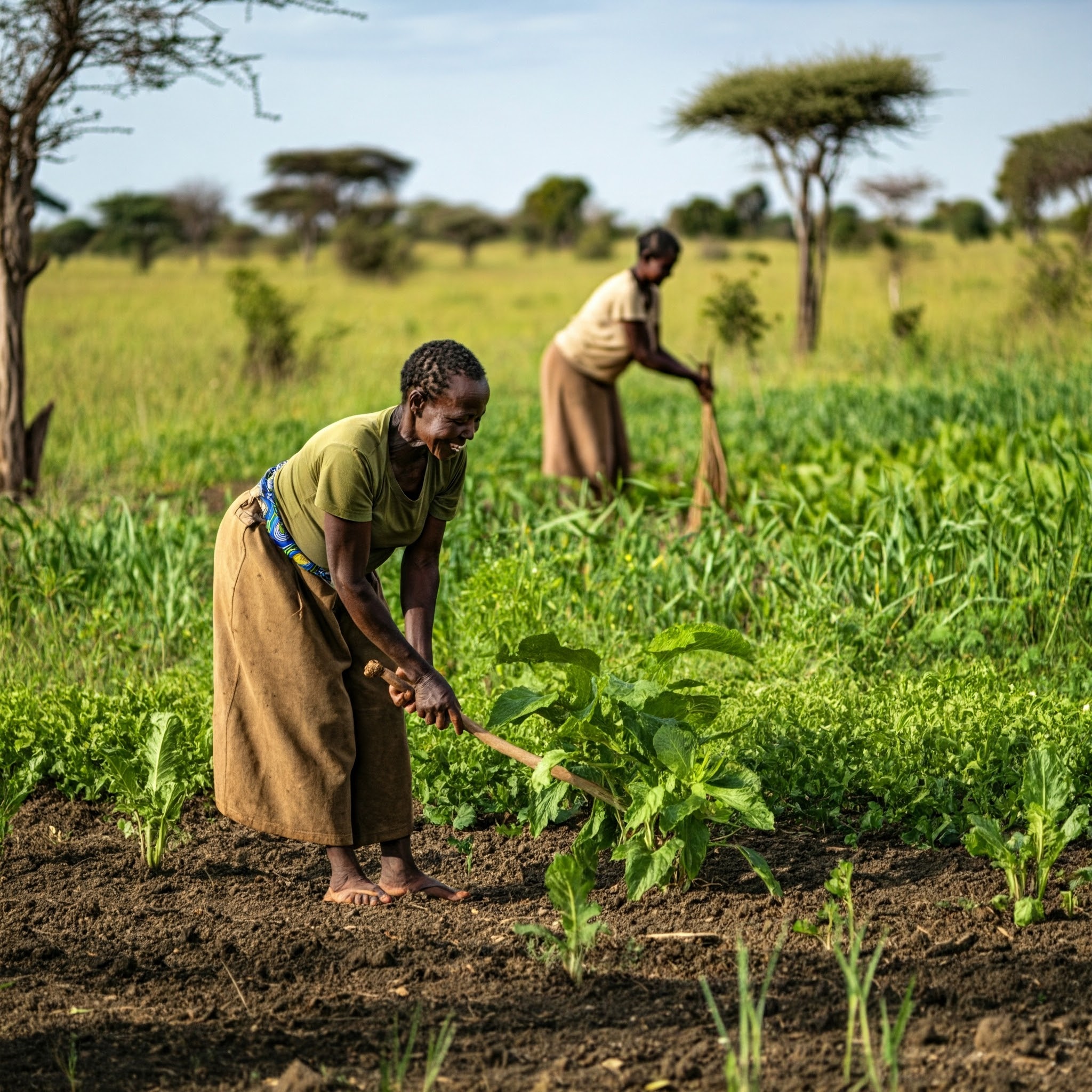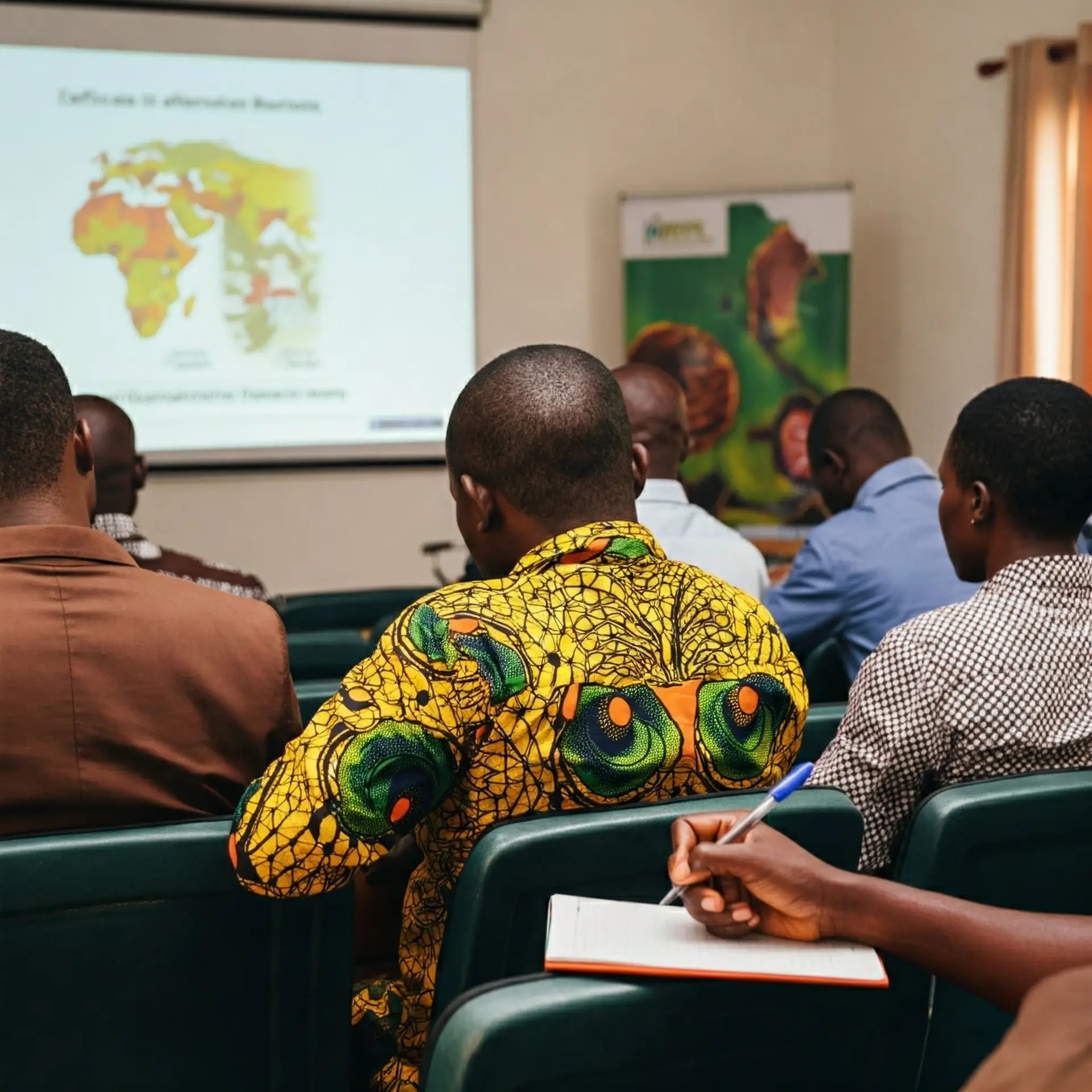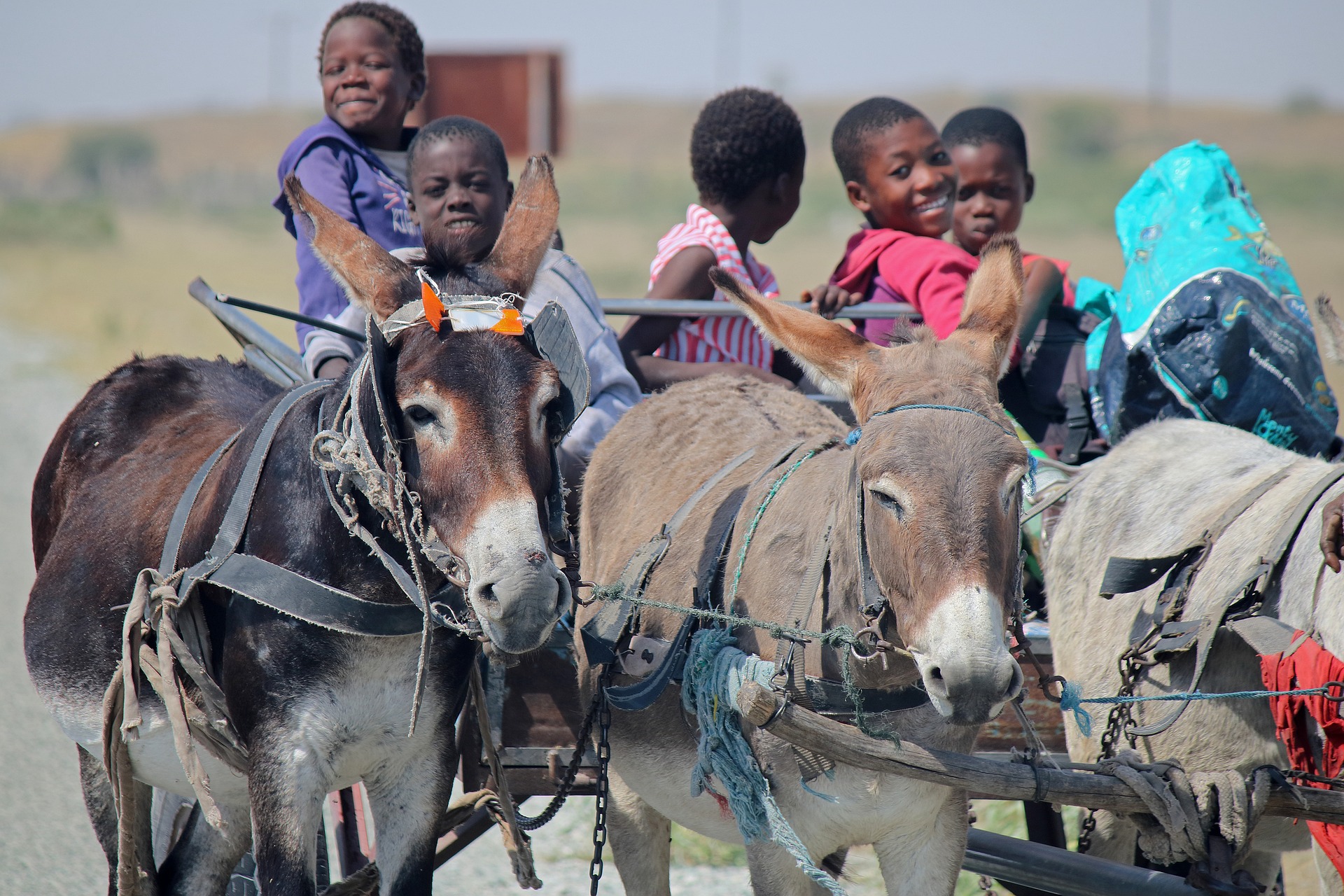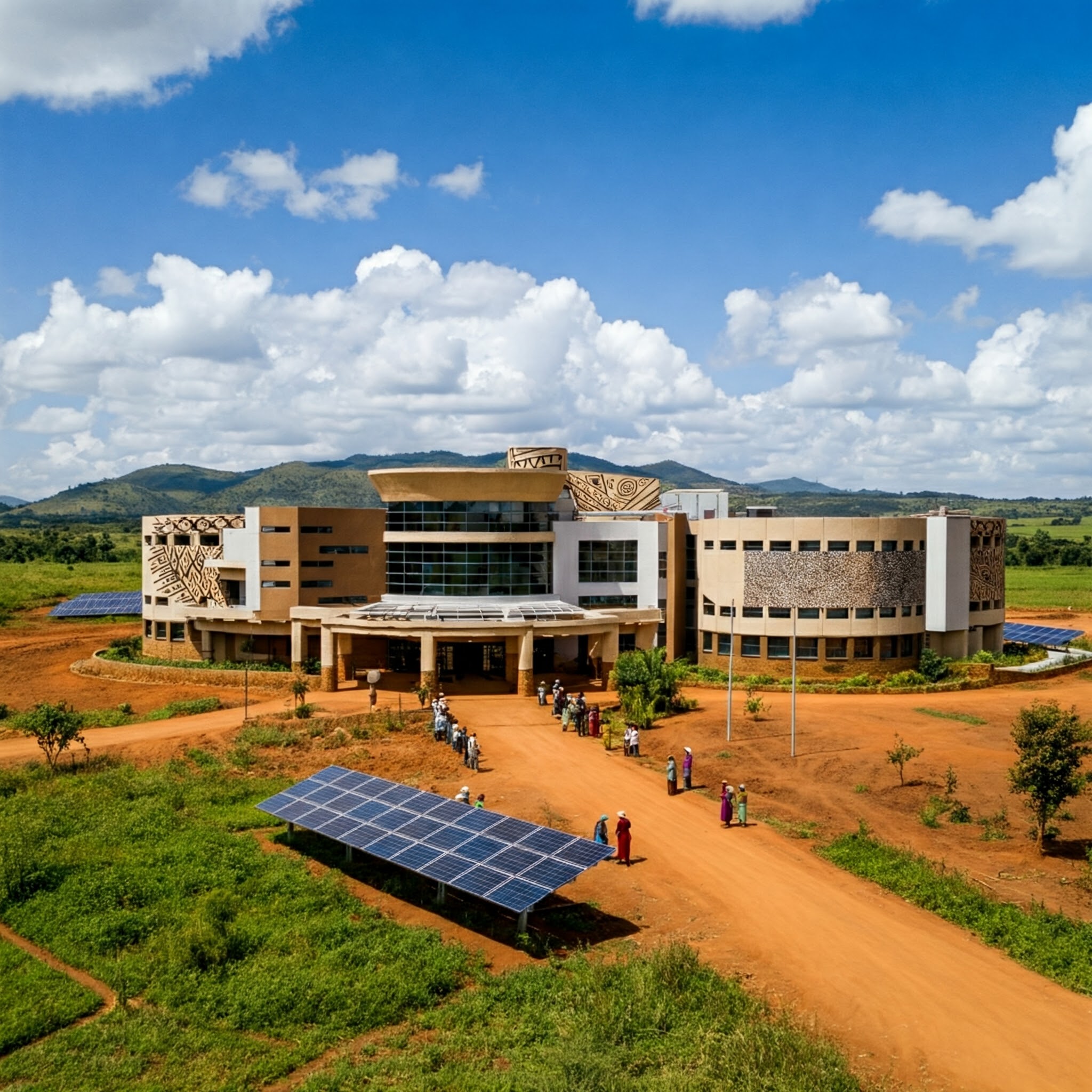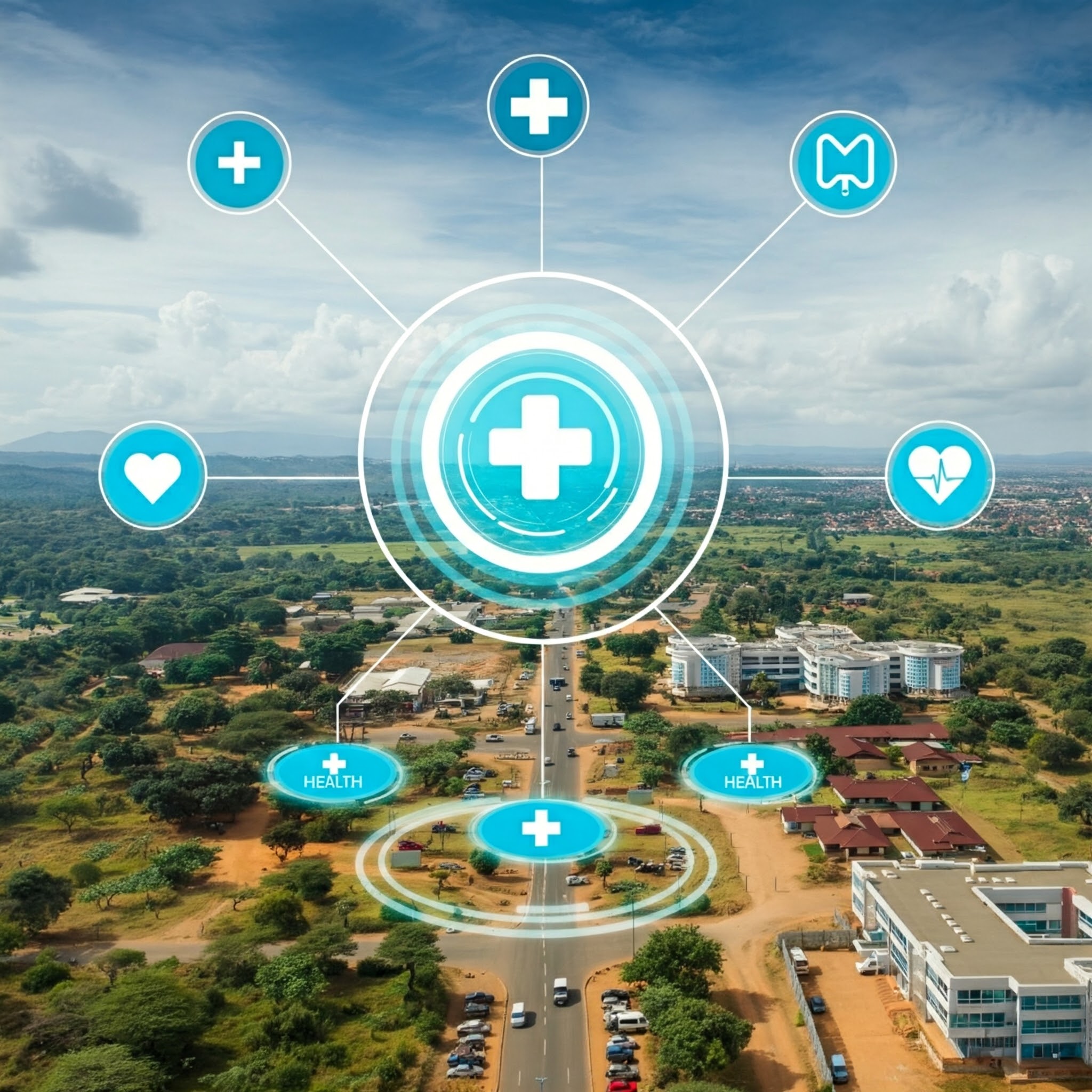An innovative approach to local development
Accelerated community development programs (ACDPs) are a promising solution for local development in developing countries. These programs are designed to support local communities by providing them with resources and tools to improve their living conditions. ACDPs are designed to be implemented quickly and at low cost, making them a viable solution for African communities facing development challenges.
ACDPs are designed to address the root causes of local development problems in Africa. They rely on participatory and integrated approaches to support local communities in their development efforts. ACDPs are designed to address health, education, employment, and food security issues, among others. Programs may also include initiatives to improve access to clean water, energy, and sanitation, as well as promote sustainable agriculture and natural resource management.
ACDPs are adaptable to the specific needs of local communities. The programs are implemented by local partners, who work closely with communities to identify their needs and priorities. Local partners are responsible for implementing projects that respond to the needs of the communities and are adapted to their context.
PADC interventions are designed to be implemented quickly and at low cost. The programs are funded by international and national donors, as well as public and private funds. The programs are designed to be implemented in the short term, allowing communities to benefit from the results quickly.
PADCs are therefore a promising solution for local development for the countries that initiate them. The programs address the root causes of local development problems and are designed to adapt to the specific needs of local communities. The programs are implemented quickly and at low cost, making them a viable solution for African communities facing development challenges.
How can accelerated community development programs improve health, education and rural infrastructure in Africa?
Accelerated Community Development Programs (ACDPs) can significantly improve rural health, education, and infrastructure in Africa. These are programs that aim to improve the living conditions of rural communities in Africa by providing essential services and infrastructure. These programs are designed to be implemented quickly and at relatively low cost.
These programs improve the health of populations by providing primary health services and improving access to health care. ACDPs can also improve access to clean water and sanitation, which can reduce the risk of infectious diseases and malnutrition. In addition, ACDPs have the potential to provide mental health services and sexually transmitted disease prevention services.
ACDPs for countries that are piloting them also help improve education by providing school infrastructure and improving access to education. ACDPs can also provide literacy services and vocational training programs for youth and adults. In addition, PADCs can provide teacher support services and education outreach programs.
Finally, PADCs can improve rural infrastructure by providing roads, bridges, and irrigation systems. PADCs can also provide electricity and drinking water services, as well as telecommunications and transportation services. In addition, PADCs can provide farmer support services and agricultural development programs. PADCs, as we can see, can provide essential services and infrastructure that can significantly improve the quality of life of rural communities in Africa.
A solution for transport, water, and jobs development
Accelerated Community Development Programs (ACDPs) are a promising solution for transport, water, and jobs development in Africa. These programs are designed to provide essential services to communities that need them most, particularly in rural areas.
ACDPs provide basic services such as access to drinking water, electricity, transportation, and employment. They are usually implemented by non-government organizations.
PADCs can be an effective way to provide transport and water services to rural communities. PADCs can help improve access to safe water and sanitation, improve transport infrastructure, and create jobs. PADCs can also help improve access to health services and education, and reduce poverty.
PADCs help improve food security and reduce malnutrition. PADCs can help improve access to safe water and sanitation, improve transport infrastructure, and create jobs. PADCs can also help improve access to health services and education, and reduce poverty.
PADCs are emerging as a powerful tool for transport, water, and employment development in Africa. They can help improve access to basic services, reduce poverty and create jobs. PADCs can also help improve food security and reduce malnutrition. PADCs can be an effective way to provide transport and water services to rural communities.
A solution for efficient decentralization and grassroots development
Several African countries have set up PADCs in recent years. This is the case in Senegal, Gambia, Togo and the DRC. Other countries such as Mauritania and Niger are in the programming process. The UNDP Africa Bureau is counting on PADCs to support the rapid development of the countries in which the organization operates.
PADCs create the conditions for the effective implementation of decentralization policies with the participation of local communities, by giving them the means to take charge of their own development projects. PADCs are based on a participatory and integrated approach, which emphasizes the participation of local communities and their capacity to make decisions and implement projects.
PADCs support grassroots development by providing resources and services to local communities. These programs may include grants, loans, training, technical advice, and support services. PADCs may also provide health, social, and educational services. PADCs may also support local economic development by providing training services and support services to local businesses.
PADCs provide support services to local communities. These services may include consulting services, training services, and support services to community-based organizations. PADCs may also support grassroots development by providing support services to community-based organizations and local businesses.
PADCs also provide support services to local communities and local businesses. These services may include consulting services, training services, and support services to community-based organizations and local businesses. PADCs can also support grassroots development by providing support services to community organizations and local businesses.
ALG and the development of PADCs
ALG is working in these two countries at the request of UNDP to provide its expertise, capitalizing on some twenty years of consulting on local development and governance issues in Africa. ALG is based on the principle that local development is not a new phenomenon in African countries. The new dynamic driven by development partners such as UNDP is based on the quality of the national offer of sectoral public policies. It requires a rigorous framing of the entire process, from identification to execution, including execution which can test national capacities in various areas. It can therefore be said, without risk of being wrong, that PADCs strengthen the national dynamic of local development and optimize the development potential at the rural level.
Accelerated community development programs are a promising solution for grassroots development in Africa. They are designed to support the autonomy and decentralization of local communities, by giving them the means to take charge of their own development projects. PADCs can also support grassroots development by providing support services to local communities and local businesses.
